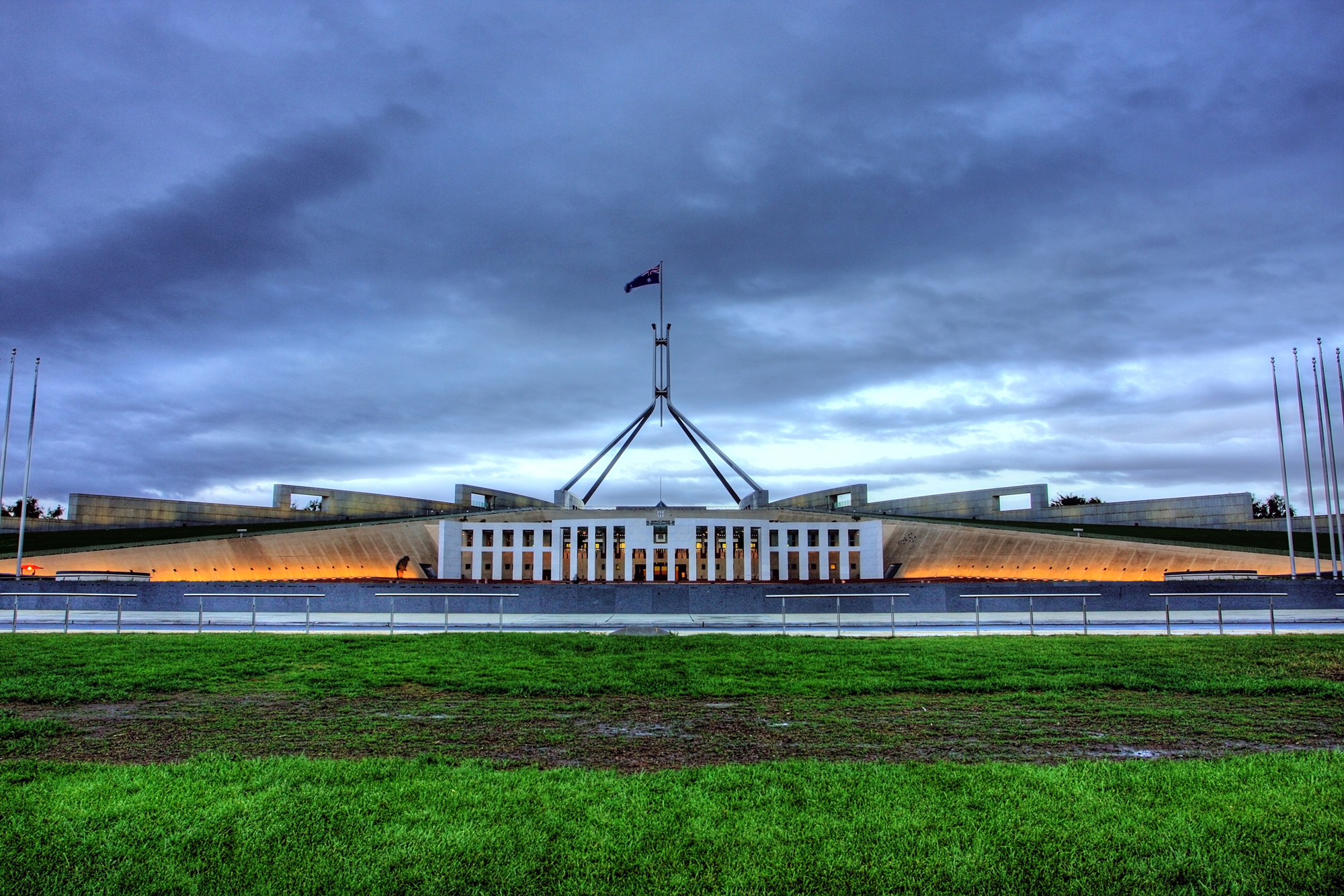Industrial relations is often an area where the views of the major political parties differ and each has its own agenda, which is worth considering in the build up to the election. During a period of stagnated wage growth, both major political parties have suggested very different solutions to assist employees and businesses.
Minimum Wages
In a recent debate between the leaders of the Liberal and Labor party, Mr Albanese stated that his party would welcome an increase in minimum wages equal to CPI, which is currently 5.1%. We note that the Fair Work Commission is Australia’s independent workplace relations tribunal responsible for setting national minimum wages and employment conditions. The suggestion from the Labor party that it will make submissions concerning increases to the national minimum wage is relatively unprecedented.
The proposal from Labor, which was well received by the Australian Council of Trade Unions, and if accepted by the Fair Work Commission, would see a rise in minimum wages from $20.33 per hour to $21.41 per hour. Mr. Morrison was quick to reject the proposed increase on the basis that it would add pressure and costs to small businesses, noting that the Superannuation guarantee is again increasing on 1 July to 10.5%. The proposal would not only see increases for those on the minimum wage, but also wages in awards increasing by the same percentage. By comparison, the Australian Industry Group has submitted to the Fair Work Commission that a modest wage increase of 2% is warranted, noting that there remained uncertainty around the global pandemic and wage increases need to be set at a level that employers in all sectors can bear.
Irrespective of which party is elected in May, Australians will have to wait until the Fair Work Commission makes a determination in June 2022 on the rises to the minimum wage.
Labor’s Secure Australian Jobs Plan
Labor’s industrial relations policy, as seen in its ‘Secure Australian Jobs Plan’ makes several interesting promises which would require a degree of industrial relations reform. This includes:
- extending the powers of the Fair Work Commission to include “employee-like” forms of work (aka the gig economy).
- Amending the objective test to determine when a worker can be classified as casual, and reductions in the casualisation of workplaces. Note the current government brought about reform and clarification to casuals last year which would be scrapped.
- ‘Same job, same pay’ principles to address employers who undercut wages through labour hire agreements. An example given which will affect many businesses in our local area is as follows:
For example, coal mine workers employed through labour hire being given full time 12-month rosters fixed in advance but employed as casuals on a fixed, all-inclusive hourly rate. They work side by side with directly employed permanent full-time workers, doing the same work for the same hours, on the same roster with the same skills – but being paid around 30-40 percent less.
- Directing government contracts to companies that offer secure jobs to Australian workers.
- Limiting fixed-term contracts to 24 month periods.
- Legislating to include a right to superannuation within the National Employment Standards (NES), which will give Australian workers the power to pursue their unpaid superannuation as a workplace entitlement (as opposed to the current requirement to pursue through the ATO).
- A plan to work with state and territory governments, employers and unions to develop portable entitlement schemes for annual, sick and long service leave for ‘insecure workers’.
- Abolishing the Registered Organisations Commission and the Australian Building and Construction Commission, both organisations set up by the government which arguably has the effect of restricting activities of unions.
One Nation has also endorsed the concept of ‘same job, same pay’. In February this year, One Nation introduced a bill in Parliament, the Fair Work Amendment (Equal Pay for Equal Work) Bill 2022, which would require labour hire workers covered by certain modern awards to receive at least the same pay as other employees performing the same work.
The Liberal Party Announcements
If re-elected, there is no proposal for major reform on industrial relations from the Liberal party. The Liberal party has announced that if re-elected, it will:
- Support women in the workforce by creating Enhanced Paid Parental Leave. Up to 20 weeks of fully flexible leave will be available.
- Criminalise wage theft.
- Establish eight-year greenfield agreements for new major projects.
An area of contention still appears to be the Liberal Party’s ‘Omnibus’ Industrial Relations Bill (the Bill), introduced in 2020 which was then stripped back and later abandoned in 2021 during the pandemic. Labour contends that the Liberal party will reintroduce this Bill if elected. While it is unclear whether or not the Liberal Party will return to this Bill, it proposed some interesting amendments to industrial relations legislation which included, among other things:
- Doubling fines that can be levied against unions and individuals,.
- Allowing the Fair Work Commission to approve pay deals that did not meet the ‘better off overall’ test.
- Allowing for employees to work extra shifts without payment of overtime in some industries.
While we understand that industrial relations reform is not a catchall solution to increasing cost of living, it is certainly a contributing factor in a multifaceted problem and it may be one way the burden on both business and individuals may be slightly eased.
If there is a change to government, as can be seen above, there will be significant changes for employers to adapt to. We are here to help!
If you have any questions in relation to compliance with workplace laws or obligations, please do not hesitate to contact our employment team on (02) 4927 2900.
